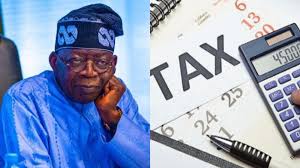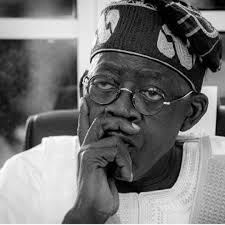 Nigeria’s trade account turned positive in 2017 as a rise in oil exports outweighed imports after dollar shortages frustrated transactions, the National Bureau of Statistics (NBS) said.
Nigeria’s trade account turned positive in 2017 as a rise in oil exports outweighed imports after dollar shortages frustrated transactions, the National Bureau of Statistics (NBS) said.
The balance of trade last year was 4.03 trillion naira ($13.2 billion). The net trade balance stood at minus 290 billion naira for 2016.
The rise boosts Nigeria’s ambition to promote exports to support its fragile economy and earn foreign exchange while reducing imports. Its 2017 gross domestic product rose 0.8 percent to emerge from Nigeria’s first recession in 25 years.
Nigeria, which faced a currency crisis in 2016 as oil revenues fell, has been trying to diversify its economy away from oil, boost local production and generate non-oil exports. But it needs to build infrastructure such as roads and rails to help boost non-oil exports.
The NBS said oil and gas exports accounted for more than 93 percent of exports in the fourth quarter, with cocoa bean exports, largely to the Netherlands, Malaysia and Indonesia, making up 0.37 percent.
Nigeria’s manufacturing capacity is limited, so it imports most of what it consumes. Fourth-quarter imports dipped 8.5 percent from the previous year to 2.11 trillion naira, the statistics bureau said.
But exports more than compensated, jumping 31.3 percent in the fourth quarter from a year earlier to 3.91 trillion naira, the NBS said.
The trade balance for fourth quarter more than doubled to 1.8 trillion naira from a year earlier. ($1 = 305.85 naira)













